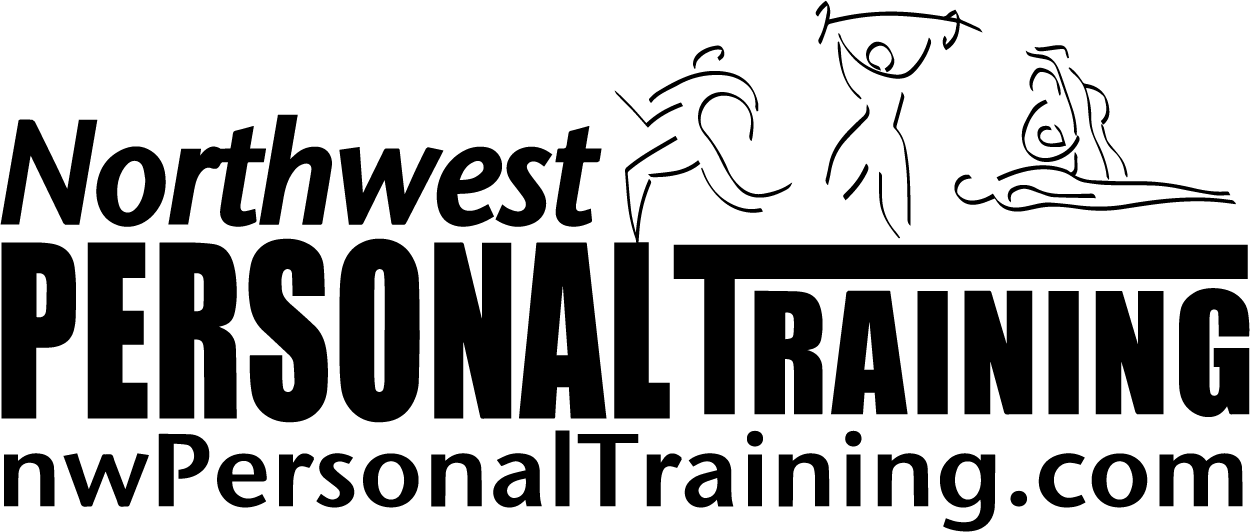 We recently hosted Dr. Cynthia McNally, local physician from Evergreen Women’s Health, who specializes in Women’s Health. She provided tips for overall health as women navigate aging, perimenopause and menopause.
We recently hosted Dr. Cynthia McNally, local physician from Evergreen Women’s Health, who specializes in Women’s Health. She provided tips for overall health as women navigate aging, perimenopause and menopause.
Here are some of the highlights from the workshop:
There is a lot of misinformation and hype regarding hormones and various other treatments for menopause.
It is a 600-billion-dollar industry and there are many products that claim to be the answer and cure to all menopausal symptoms. On the opposite end of the spectrum, there is a lot of fear surrounding hormones that are based on flawed, outdated research. This has caused some women to forgo any type of hormonal treatment and just suffer through menopausal symptoms.
The truth is most likely in the middle and a woman should work closely with her medical provider, ideally a practitioner who specializes in women’s health, to create a custom treatment plan based on her symptoms.
Don’t forget to sign up under “Weekly Fitness Tips” to automatically receive my latest blog post in your inbox!
The average age of menopause is 51 years, the point when a woman has not had a menstrual cycle for 12 months. It’s important to note that the average life expectancy in 1900 was 49 years old so women did not spend many years in menopause. Now, healthy women will spend a third of their adult life in menopause and many want to assure those years are full of energy and health.
For most women, there appears to be a greater benefit to risk ratio to taking bioidentical hormonal therapy.
Transdermal hormonal therapy seems to be preferred in comparison to oral
Benefits of estrogen include bone protection, reduction of hot flashes, and a decrease in abdominal fat distribution
Benefits of progesterone include improved sleep which indirectly leads to weight loss. Progesterone must be taken if a woman has a uterus and is on estrogen, however, a woman can take progesterone without taking estrogen.
Benefits of testosterone include an increase and preservation of muscle, increased energy, and improved libido.
The Women’s Health Initiative was a flawed study involving 93,000 women.
The issues with the study were….
- The average age of the participants was 63 years
- More than 10 years after the average age of menopause and all the women were on high doses of synthetic hormones.
- The media sensationalized the results and made claims that hormonal therapy caused breast cancer causing many women to discontinue hormonal therapy.
- However, the relative risk factor of breast cancer in women on both estrogen and progesterone was only 1.25. In comparison, the relative risk factor was higher at 2.4 if you were left-handed. Statistics can be deceiving and easily manipulated.
- Bottom line, this study is 20 years old, repudiated by subsequent studies, but unfortunately is still the basis for our fear of hormonal therapy.
Other benefits of hormonal therapy include:
- Lower risk of osteoporosis and fracture
- Lower risk of colon cancer
- Lower risk of coronary artery disease if started within 10 years of menopause
- 2015 study showed no increase in stroke if HRT started before age 60, slight increase if started after age 60
- Possible reduced risk of dementia and Alzheimers
A woman’s exercise program should include:
- Strength training, considered the true fountain of youth.
- Cardiovascular exercise with some long and easy sessions and also, high intensity, interval training.
- Yoga or other types of meditative movements to help reduce cortisol, the stress hormone which can affect sleep and weight gain. Avoid exercising too hard before bed which can negatively impact sleep.
The important take home point from the workshop is that….
Hormone replacement can be safe and effective and does not significantly increase the risk of cancer.
Be sure to speak to your physician to discuss all your options and create a plan that works for your goals and comfort level.
Every woman experiences menopause differently. Some may have minimal symptoms while other’s lives are severely impacted. It’s important to have a conversation about the severity of your individual symptoms and any risk factors that may exist for you. It’s important to understand what drugs and natural therapies exist to help manage hormonal fluctuations and weigh the pros and cons for each approach.
Women do not need to suffer through hot flashes, insomnia, weight gain, bone loss, muscle loss, fatigue, and emotional swings. If the quality of your life is being impacted by menopausal or peri-menopausal symptoms. schedule an appointment with a doctor specializing in women’s health today.
Yours in health & fitness,
Sherri McMillan


